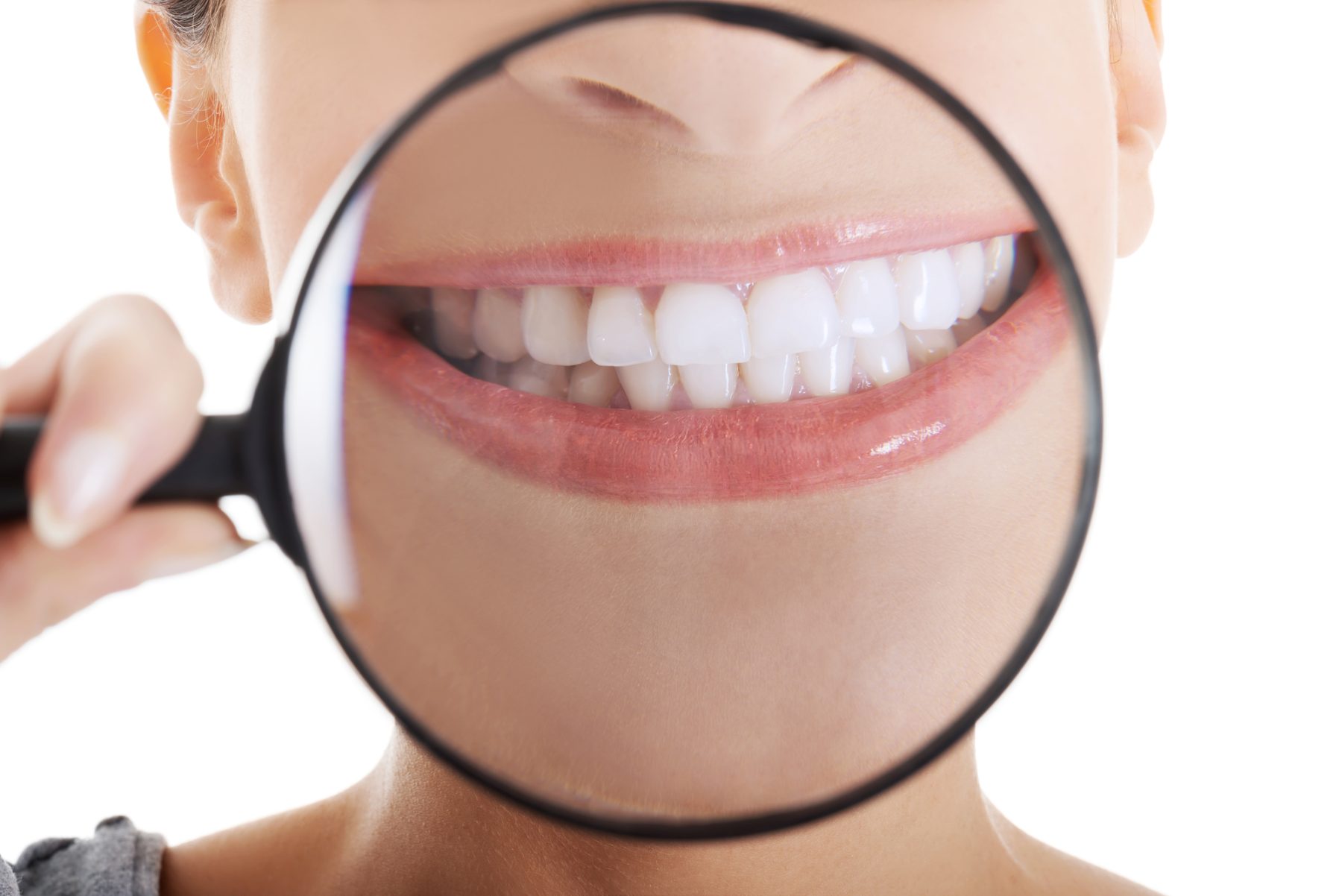
Healthy smiles require more than just daily flossing and brushing – our pearly whites also need regular dental visits for professional dental cleanings. But how often should you schedule these cleanings?
As a general rule, Australian health authorities recommend dental cleanings and exams every six months. So, don’t wait – call Magic Smiles Dental and Implant Centre in Coffs Harbor, NSW, at (02) 6652-3242 or our Woolgoolga, NSW, office at (02) 6654-0650 now.
The frequency of dental cleanings is subject to change based on several factors. Today, our team delves into the key considerations that influence how often you should visit your dentist for a cleaning.
Overall Oral Health
The state of your oral health plays a significant role in determining the frequency of dental cleanings. If you have excellent oral hygiene habits and minimal dental issues, our team may recommend cleanings every six months.
However, if you have certain conditions (such as gum disease or a history of cavities), more frequent cleanings may be necessary to maintain optimal oral health.
Gum Health
Individuals with gum disease or a predisposition to gum issues may require cleanings more frequently to prevent the progression of the disease and keep their gums healthy.
Plaque and Tartar Build-Up
Plaque is a gummy, tacky film of food debris and bacteria that constantly forms on your teeth. When plaque hardens into tartar (sometimes called calculus), it cannot be scrubbed off with regular brushing and flossing alone.
Regular dental cleanings help remove plaque and tartar development, reducing the risk of cavities and gum disease.
If you have a higher propensity for plaque and tartar accumulation, our team may recommend more frequent cleanings.
Smoking and Tobacco Use
Smokers have a significantly higher chance of developing gum disease, tooth decay, and oral cancer.
Due to these increased risks, tobacco users may need more frequent dental cleanings to maintain their oral health.
Medical Conditions
Certain medical conditions (such as diabetes, autoimmune disorders, and HIV/AIDS) can negatively affect the immune system and increase susceptibility to oral infections.
If you have any of these conditions, talk to our team. We may recommend more frequent dental cleanings to manage your oral and overall health effectively.
Age
As we age, our oral health needs tend to change. Older adults may experience issues such as receding gums, dry mouth, and tooth sensitivity, which can affect oral hygiene and increase the risk of dental problems.
Consequently, older individuals may benefit from more frequent dental cleanings to address these specific concerns and maintain their oral health.
Diet and Nutrition
Your diet and nutrition habits also contribute to your oral health. For example, over-indulging in sweet and acidic treats and drinks can cause tooth decay and enamel erosion, necessitating more frequent cleanings to prevent dental problems.
Additionally, a diet lacking in essential vitamins and minerals can weaken teeth and gums, leaving them vulnerable to decay and disease.
Professional Dental Cleanings in Woolgoolga and Coffs Harbour, NSW
By discussing these factors with the team at Magic Smiles Dental and Implant Centre, you can establish a personalized dental cleaning schedule to keep your smile healthy and vibrant for years to come. Call our team in Woolgoolga, NSW, at (02) 6654-0650 or our team in Coffs Harbour, NSW, at (02) 6652-3242 to schedule your cleaning, or request an appointment here.

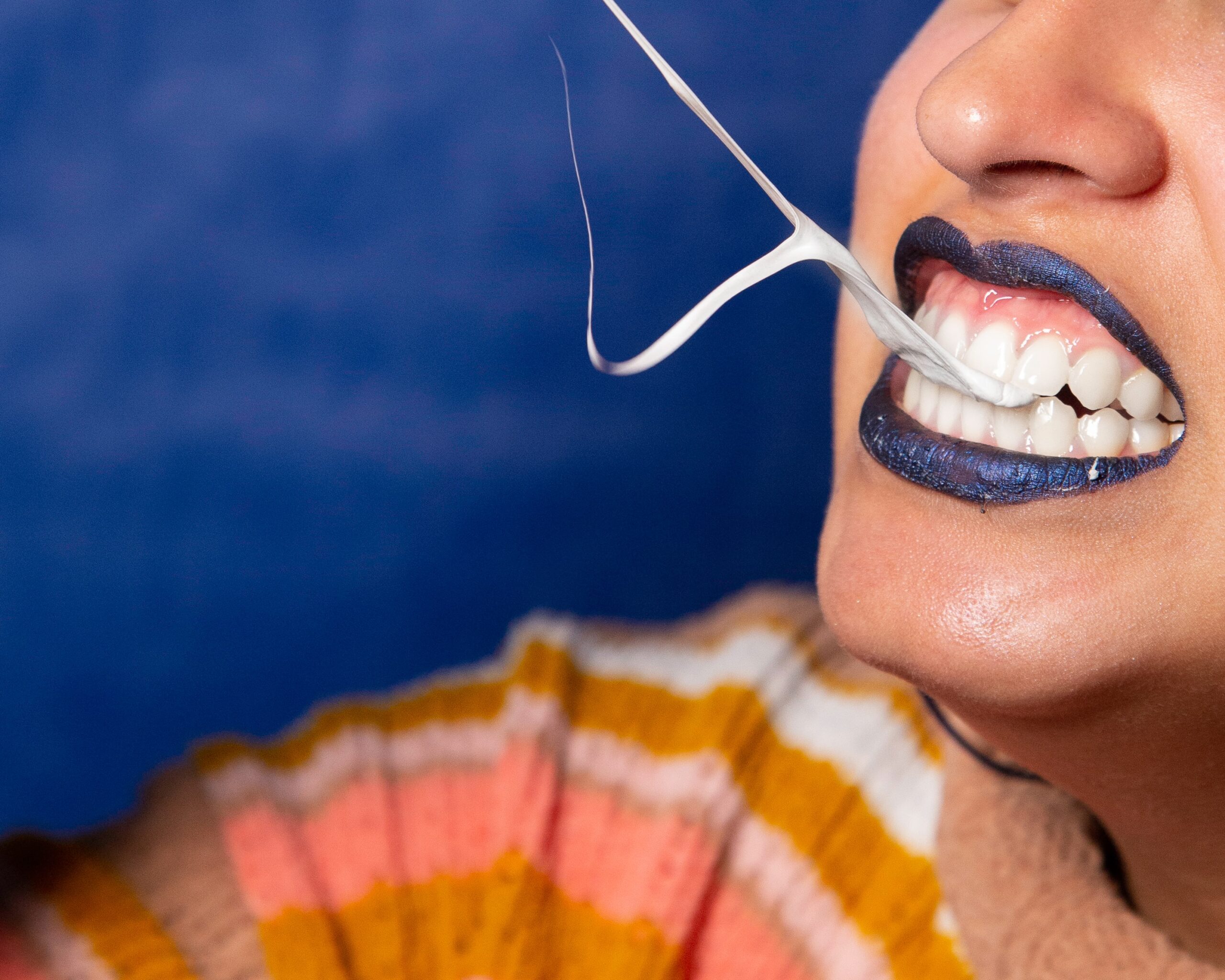
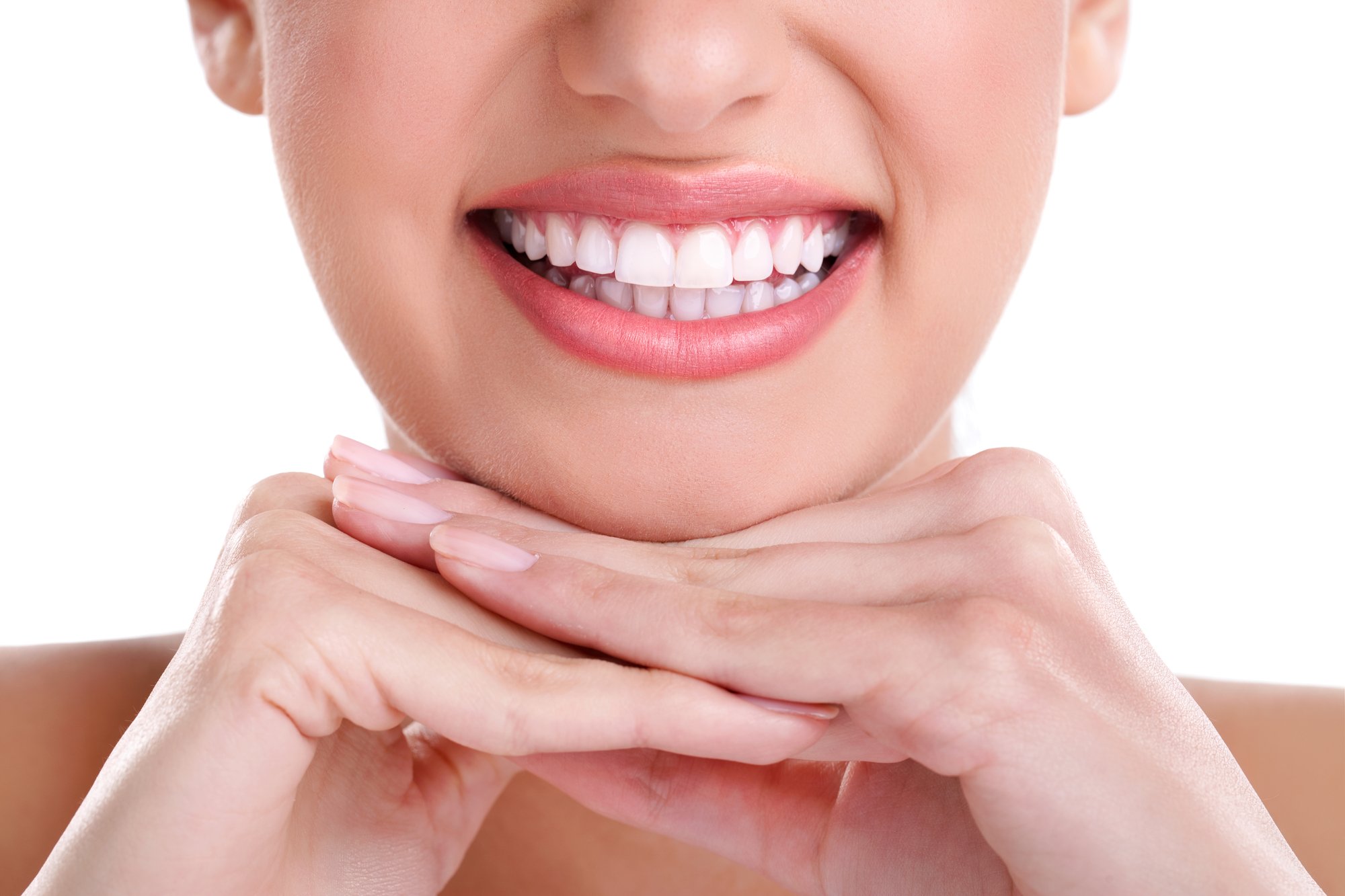

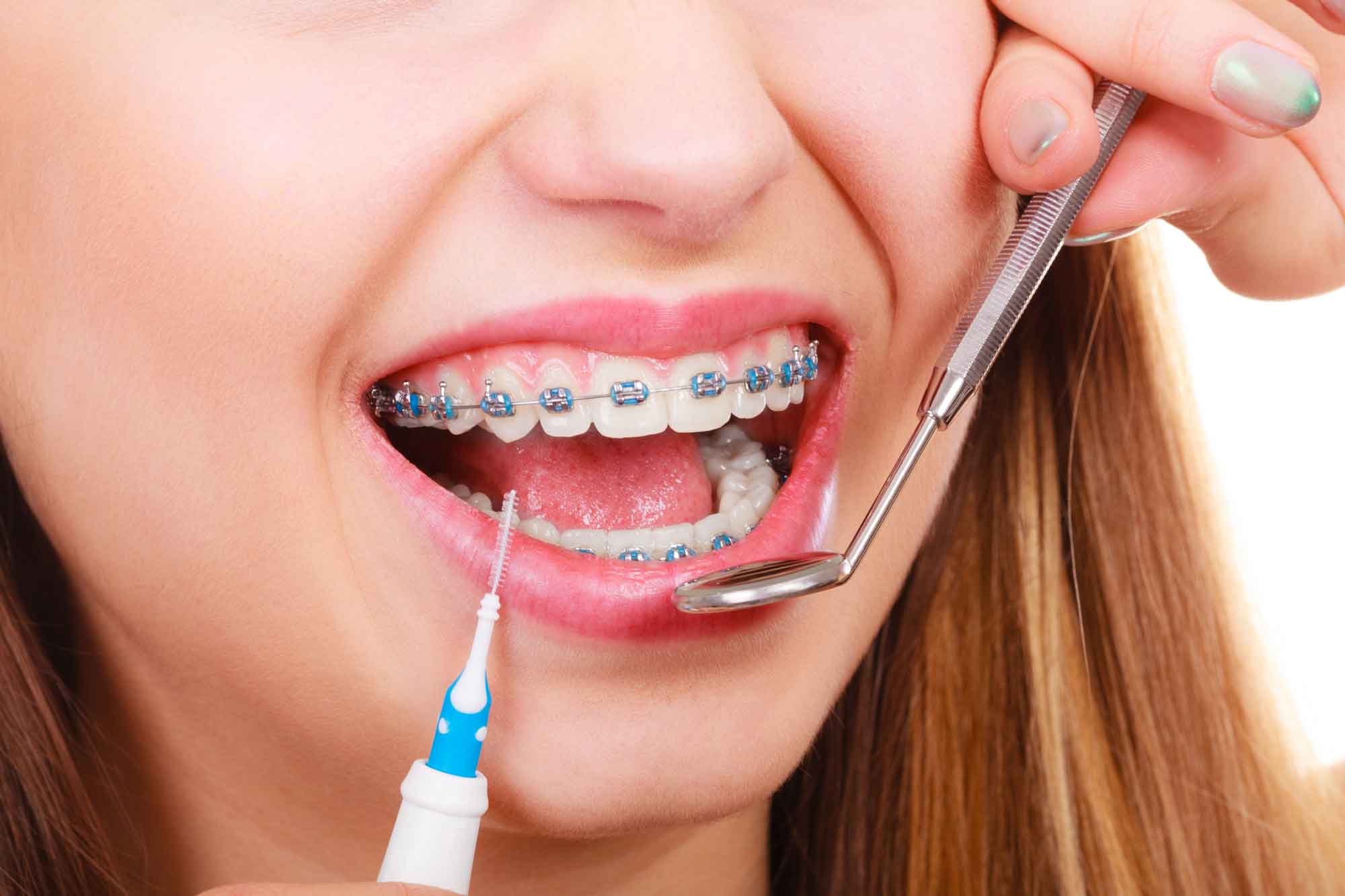

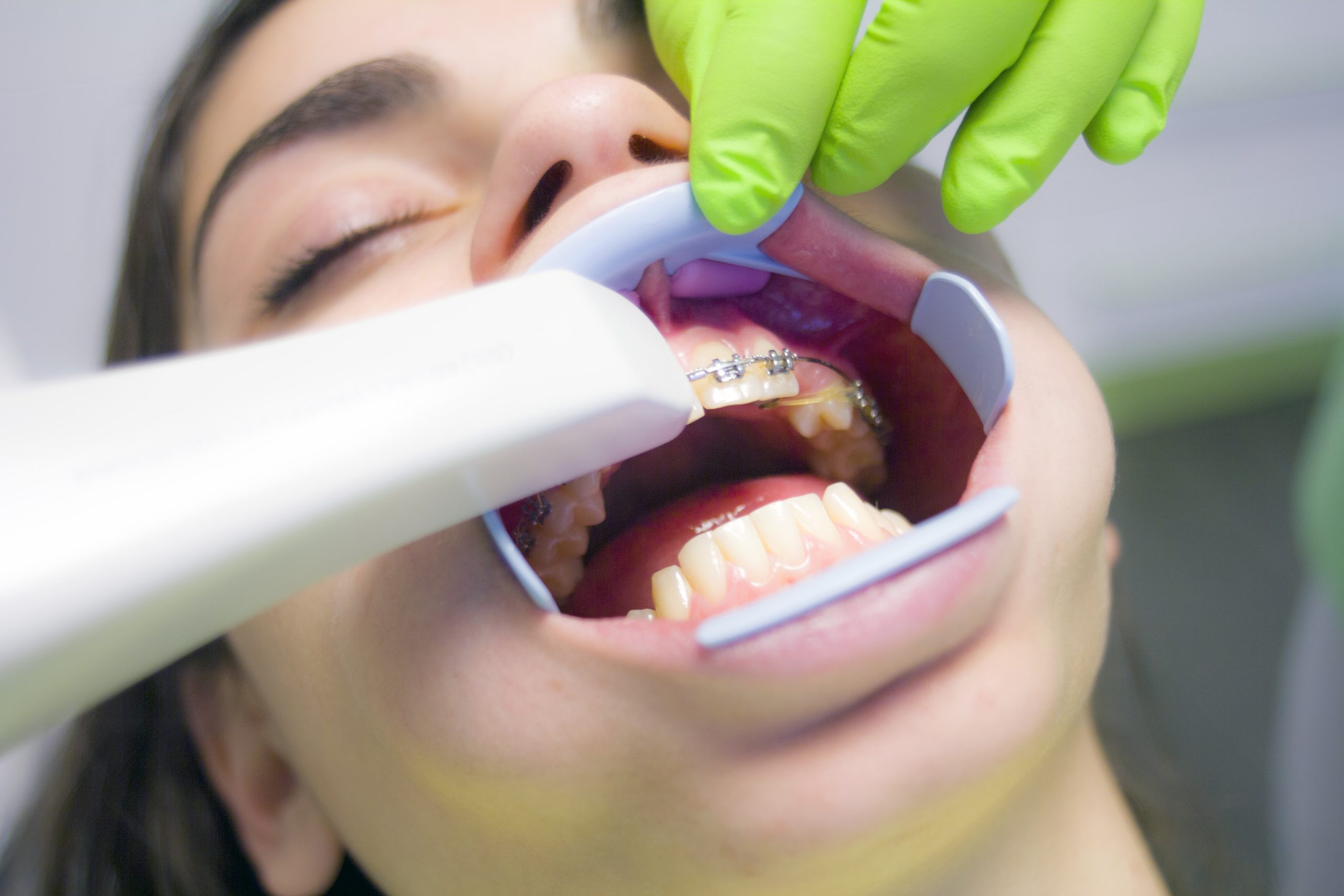
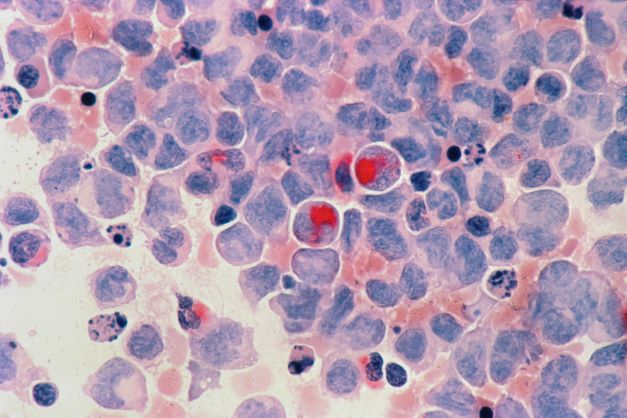

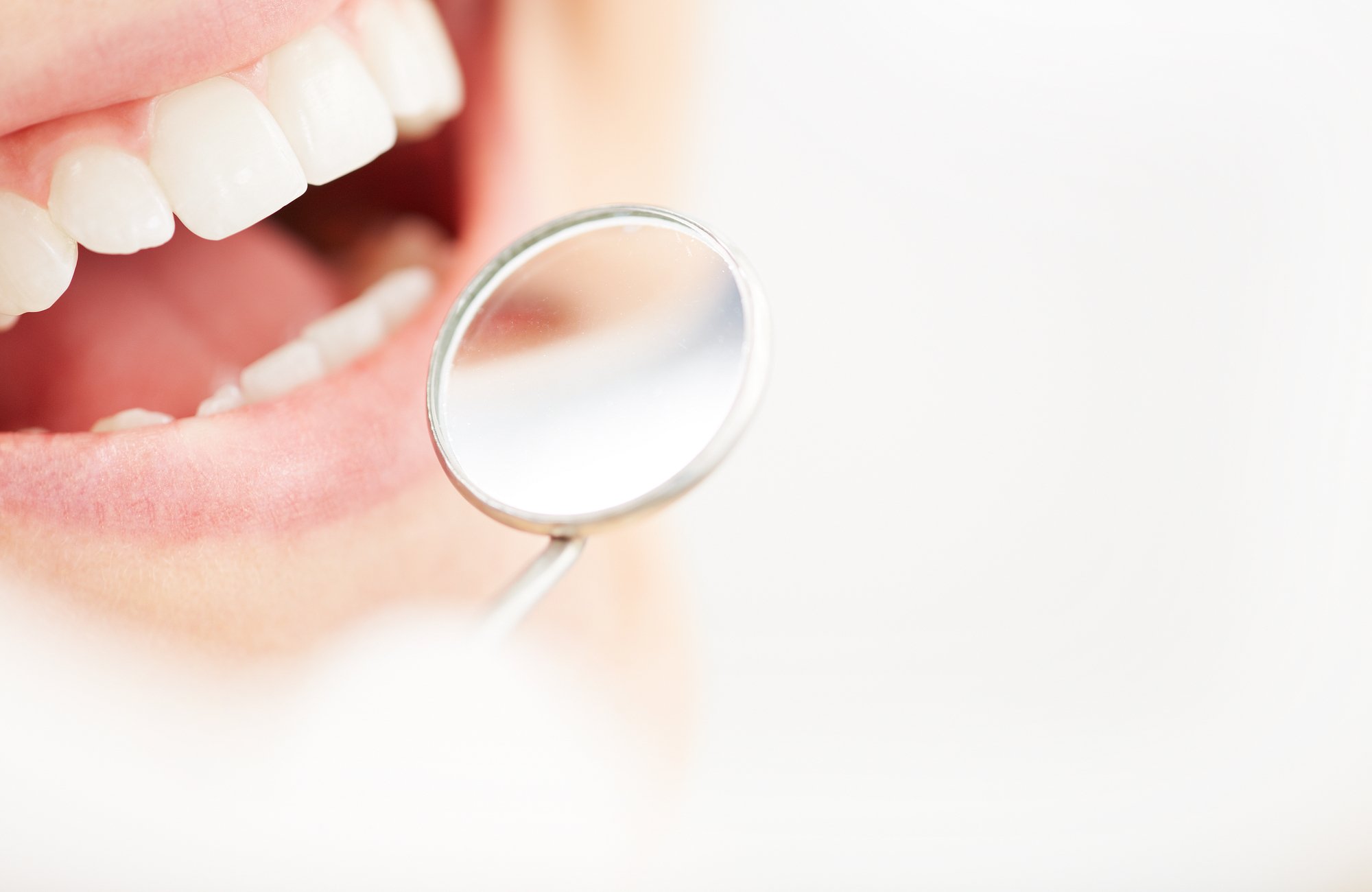


Recent Comments